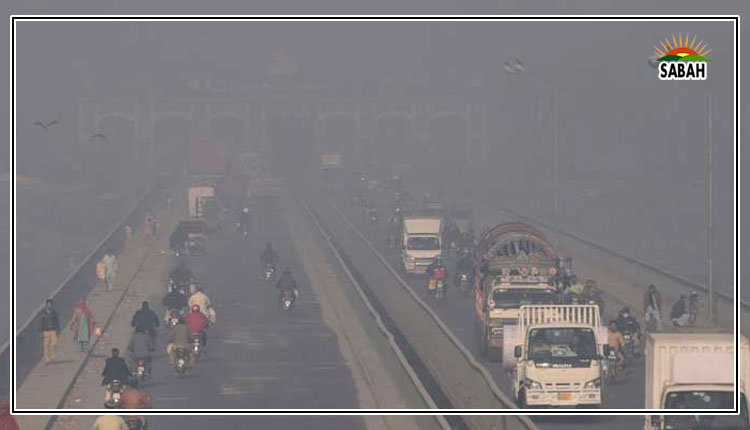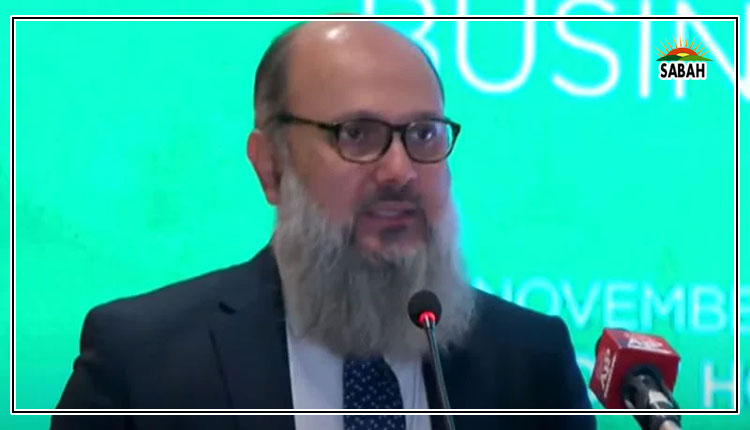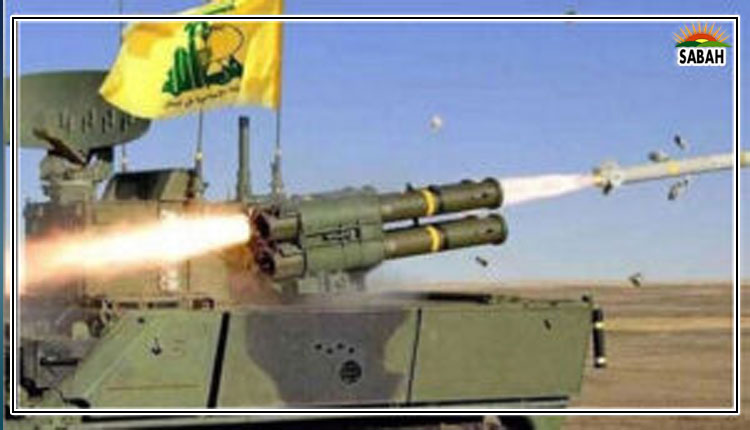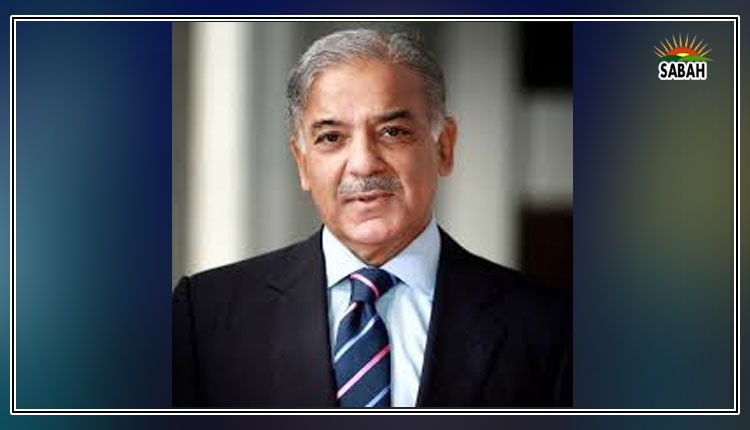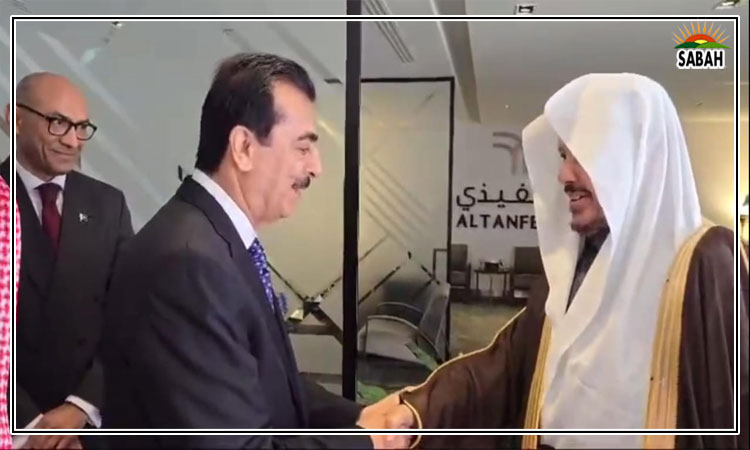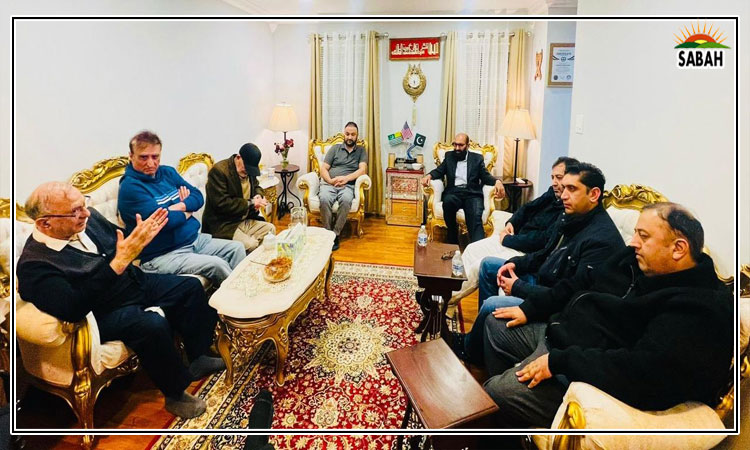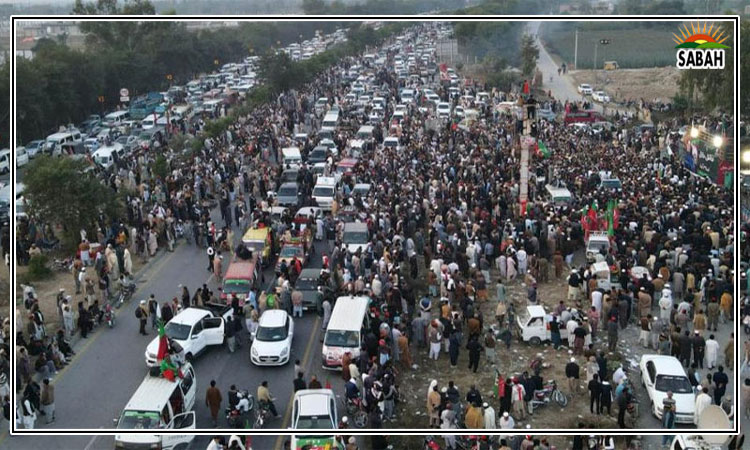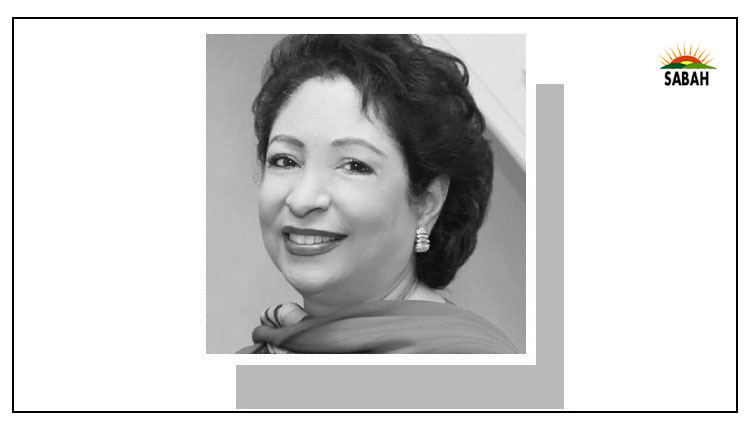Democratic regression…Maleeha Lodhi
EARLIER this month, the world marked the International Day of Democracy, celebrated every year on Sept 15. But this hardly masked the reality of democratic backsliding that is pervasive in the world today. Pakistan, too, has seen democratic regression.
Many democracies across the world are challenged by polarisation, intolerance, and toxic politics. They have also seen an erosion of civil liberties and media freedom and the suppression of dissent. This is happening against a backdrop of economic stress and rising but unmet public expectations.
Several reports by international organisations and publications have recorded the global trend of democratic erosion. In its annual Democracy Report 2023, the V-Dem Institute (based in Sweden) finds democracy has deteriorated in many regions, with the level of democracy enjoyed by the average global citizen having dropped to 1986 levels.
Over 35 years of international advances in democracy have been wiped out in the last decade. It found there are more closed autocracies than liberal democracies for the first time in over two decades, with the current wave of autocratisation sweeping across all regions. It also found 72 per cent of the global population (5.7 billion people) live in autocracies a substantial increase from 46pc a decade ago.
The Economist Intelligence Unit conducts an annual survey of the health of democracy in 167 countries, assessing them across five measures. They are electoral processes and pluralism, political participation, a functioning government acting in the public interest, civil liberties and political culture. Its 2022 report concluded that only 8pc people in the world live in a full democracy, with over a third residing in an authoritarian regime, 37pc in a flawed democracy and 18pc in a hybrid democracy, which is how it classifies Pakistan.
The latest edition of the Global State of Democracy 2022 report by the Stockholm-based International Institute for Democracy and Electoral Assistance (IDEA) sees a record number of democracies in decline. It calculates over two-thirds of the global population now live in backsliding democracies, authoritarian or hybrid regimes. It attributes the ongoing wave of democratic erosion to the political consequences of the economic crisis that began with the coronavirus pandemic and economic fallout of the war in Ukraine, especially the cost-of-living crisis.
The reports list of backsliding countries includes the US, which faces problems of political polarisation, institutional dysfunction and threats to civil liberties. India and Brazil are listed among the rest. It says authoritarian governments have intensified repression with the previous year being the worst on record.
Pakistan is among countries that have seen democratic backsliding.
A more recent assessment by Washington-based Freedom House comes to a similar conclusion. It says global freedom declined for the 17th consecutive year with civil liberties and political rights being undermined in several countries. This also involved repression of civil society organisations and worsening of the quality of elections. Forty-seven countries are faced with tighter government censorship of the media while freedom of expression deteriorated in 35 countries last year.
What is apparent is that while many countries still maintain an outward faade of democracy and hold elections of some sort usually manipulated they follow illiberal policies, suppress civil liberties, muzzle the media, undermine the rule of law, persecute minority groups and undermine any system of checks and balances that hold governments to account.
Often described as illiberal democracies, the recent proliferation of such regimes has much to do with the rise of right-wing populism. Populist leaders in a diverse number of countries such as India, the US, Hungary, Poland and Austria, have shown a disregard for democratic institutions and norms, engaged in authoritarian conduct and used hyper-nationalism to rally support, often orchestrating anti-minority sentiment. This has deeply divided and polarised their societies.
A thoughtful piece in a recent edition of The Economist names paranoid nationalism among devices used by populist politicians to prey on their citizens fears in the pursuit of power. This kind of scaremongering is deployed as a tool to dismantle the checks and balances that underpin good governance: a free press, independent courts, NGOs and a loyal opposition.
The global trend of democratic backsliding raises the question of what might be the underlying factors responsible for this as for the rise of anti-pluralist populist leaders. Each countrys case is different so there is no uniform set of factors. But some common features can be singled out, although this is not an exhaustive list.
They include the growing disconnect between political elites and people, failure of established political parties and their policies to meet rising public expectations, poor governance, increasing inequality, lack of response by institutions to public concerns, political polarisation, economic and social discontent spawned by globalisation and the cost-of-living crisis.
What about Pakistans experience with democracy or the lack of it? The countrys troubled political past has seen it swing between long bouts of military rule and periods of fragile civilian democratic governments.
Even the post-1988 revival of democracy and subsequent democratic decade saw interventions by the military-backed president to oust elected governments with none able to complete their term. The bitter feuds between political rivals and lack of tolerance for the opposition enabled the ubiquitous establishment to manipulate politics and undermine democratic rule.
Another democratic phase that began in 2008 set a much better record with political leaders showing mutual tolerance and respect for civil liberties and the media being able to function independently in a relatively free and open environment.
But the 2018 election ushered in a period of hybrid rule that continues to this day. The post-2018 period has seen democratic regression and reversals as the hybrid arrangement has entailed the military establishment acquiring an expansive role in politics, governance and even the economy. This has been accompanied by mostly politically motivated corruption cases against opposition leaders, jailing of political figures and activists, media controls, defiance of the rule of law and marginalisation of parliament.
The Pakistan Institute of Legislative Development and Transparency correctly described the phase that ended with parliaments dissolution last month as one of democratic decline, rather than democratic consolidation. The unanswered question is whether the future will be any different.
Courtesy Dawn


